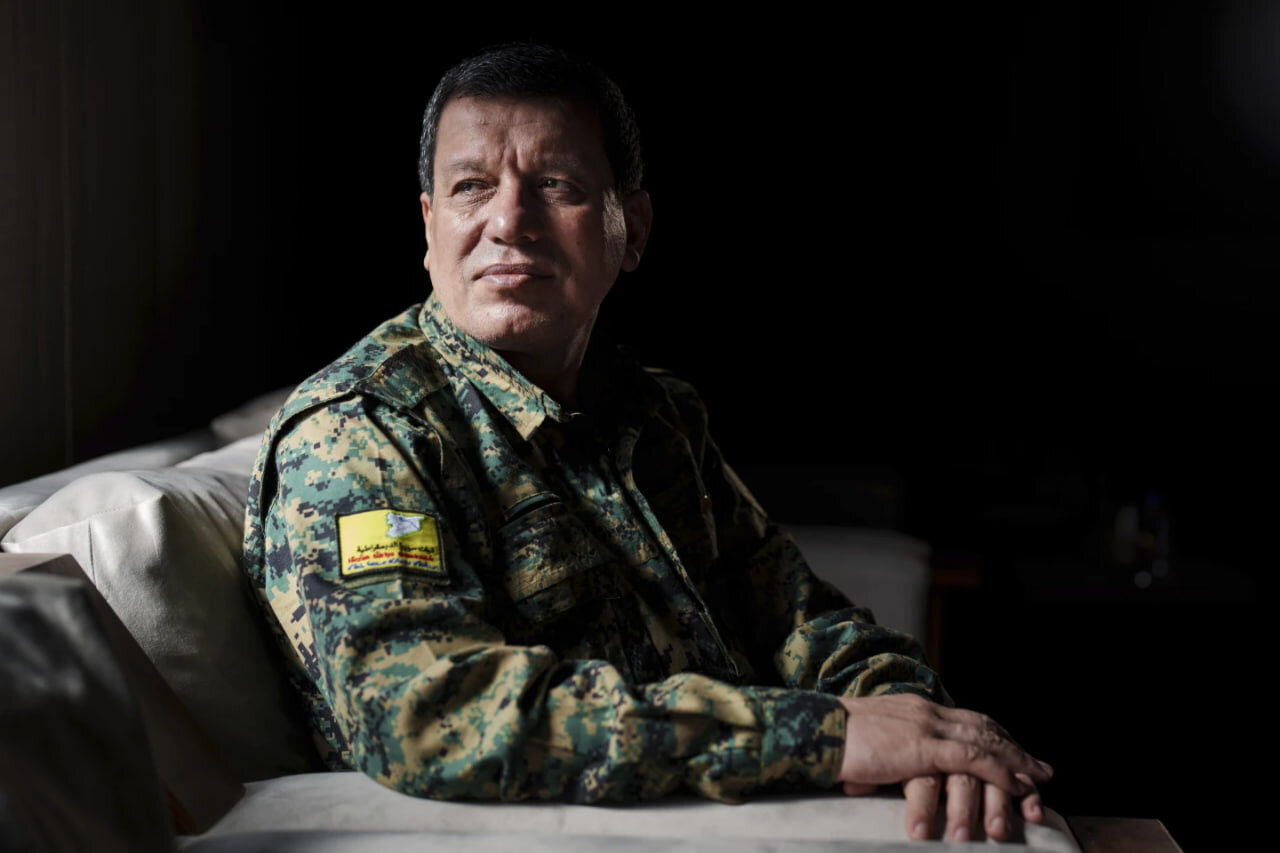Where is the situation in Syria heading?

BEIRUT – The upcoming meeting between Israeli Prime Minister Benjamin Netanyahu and US President Donald Trump is of great interest to the Hebrew media, which considers it a strategic meeting due to the issues under discussion.
Netanyahu had described the meeting as “reflecting the strength of the alliance between Israel and the United States.”
Itamar Eichner, a correspondent for Yedioth Ahronoth, said the meetings in Washington will focus on “the victory over Hamas, the return of prisoners, and dealing with the Iranian axis,” in addition to expanding the “Abraham Accords,” including the possibility of normalization with Saudi Arabia.
One of the important issues for Netanyahu is the fate of the new Syria too.
Before announcing his appointment as interim president, al-Julani dissolved the army, in addition to abolishing the 2012 constitution, dissolving the People’s Assembly, the Baath Party, the National Progressive Front, etc.
The decline of the dollar in the Syrian local market has raised concerns among economic experts if it coincides with the rise in the prices of bread and transportation. The promise to quadruple salaries three times has also gone unfulfilled.
Also, Syrian citizens were not convinced of the usefulness of giving hundreds of thousands of employees a 3-month forced leave, especially as al-Julani has hired a large number of employees in various state bodies, a fair number of them foreigners.
The Syrians indeed are disgusted by the dissolution of political parties for fear that this will lead to the disruption of political life, which was already paralyzed due to the absence of a real role for these parties, and even for fear of imposing the ideological orientations of the ruling authority and thus consolidating tyranny.
In parallel, al-Julani continues to coordinate with the Syrian Democratic Forces (SDF) according to a plan agreed with Abdullah Ocalan to disarm the Kurdistan Workers’ Party (PPK).
According to the plan, the PPK will be expelled from Syria in coordination with the Kurdish National Council (a coalition of Kurdish parties close to Turkey and the Kurdistan Region of Iraq).
The plan aims at reaching a compromise formula that would determine the fate of the SDF as it fought the Syrian National Army (sponsored by Turkey) during its attempt to penetrate east of the Euphrates via Tishrin Dam and Karakozk Bridge.
Ankara is sparing no effort to assure Washington regarding the seriousness of establishing a new Syrian government, which means that everyone carrying a weapon in Syria, including the SDF, must comply.
Hakan Fidan, the Turkish foreign minister, had acknowledged that there were differences with Washington regarding the situation in Syria, especially the fate of ISIS and the formation of a government that includes all components of the Syrian society.
Ankara, however, has failed to overcome Washington’s veto on the ground operation, as the US intervention facilitated the SDF to operate freely, especially after Trump announced his unwillingness to withdraw from the Syrian areas under its control, coinciding with the Israeli expansion in the south since December 8.
Undoubtedly, this position supports Mazloum Abdi, the SDF military commander, who continues his negotiations with al-Julani regarding the position of his forces within the future Syrian army, in conjunction with the status of Raqqa, Deir Ezzor, and Aleppo.
In this context, it is worth noting that the Druze community of Sweida has announced that they would not hand over their weapons until the new constitution and state institutions were approved. In Daraa, there are two armed groups too that refuse to hand over their weapons, demanding negotiations with al-Julani.
The SDF has withdrawn – in coordination with the US side – from the two oil fields south of Raqqa. It then offered to cooperate with Hayat Tahrir al-Sham (HTS) in order to return the detainees in the al-Hawl camp to their homes.
Besides, it raised the new Syrian flag in the autonomous areas and proposed deporting fighters from the Kurdistan Workers’ Party from Syria.
Meanwhile, al-Julani called for recognizing the Kurds’ cultural rights and including them as individuals – not groups – in the security institutions, while reducing the broad powers of the local councils.
Al-Julani further welcomed the deportation of the non-Syrian PKK leaders and the handover of Kurds of Turkish origin to Ankara while ensuring that strategic resources, border crossings, prisons, and camps remain under his control.
This means that the SDF’s demands, most notably their integration into the Syrian army – as a single bloc – and their deployment in their current locations while granting them a fixed share of oil revenues, will not be achieved unless they are supported by Trump, who tends to maintain his alliance with them.
So far, observers and experts have no clear vision of Trump’s approach in Syria.
Leave a Comment